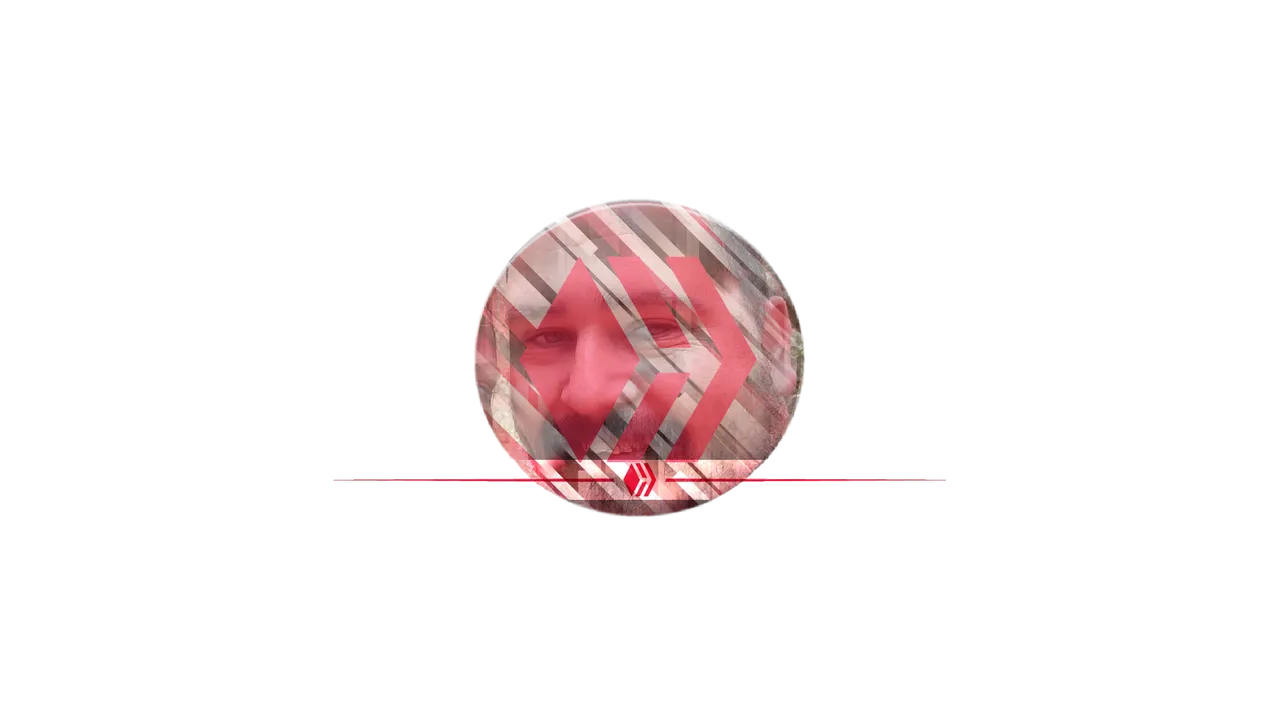I had some thoughts this morning about procrastination, but I sort of lost my trend of thought as the work day started.
The general trend of thought is that human beings are generally fairly good at making plans but then are terrible at doing the plan. I feel as though there must be two general reasons for this.
So you make a plan. You start outlining and constructing a plan. This is fun. It is a part of a project that involve having a grand overview of the whole concept with its start and finish within clear sight. Especially the end results. This I think is the most important part that leads us to failure!
While we plan the whole project we look at that end result, everything already figured out and making the grand assumption that the entire project is already a success. At this point of a project where everything is conceptual, we dare to dream that the project is successful and we get to day-dream about reaping the rewards of our project without even investing one iota of effort or being in any position of risk!
Because at this point it is all hypothetical. It is a plan, which is an idea. You can even do research and put it on a calendar and start putting together all sorts of details and information. But actually doing the plan – the execution of that plan… this often does not happen.
Some plans stay plans only. They are never put into action. There is speculation and there are people who draw satisfaction at their ability to construct these plans, along with their assumed success and the dream of accomplishing… a hypothetical outcome.
Actually doing the plan means making an effort. Doing something takes time, energy, it takes resources. Once we get going, the hypothetical is challenged. Perhaps in our theoretical plan, we did not see all the obstacles clearly and now the plan will not work out the way that we had thought about it at the start of the exercise!
Many plans die here, usually rather early in the production phase of the project. The Doing part. You encounter your first obstacle, a REAL obstacle. Let me explain.
While you were creating your plan, you saw some items as difficulties and planned your way around them. These are called CONDITIONS instead of being OBSTACLES. Because you knew where they were and planned around them. They are part of the plan’s framework. Not an obstacle at all. Until something unforeseen happens and then we DO have a true obstacle.
But if you are persistent, you will take a step back and re-draw the plan including a modification based on the obstacles found, converting them into conditions and then proceed once more.
I said there were two reasons why seeing the end result so clearly is a reason for plan never getting to the doing bit. One was that we actually have to expend effort to turn the theory into reality. The second is the thought of failure. Before you actually attempt anything, the plan stands and the theory says that this thing is actually successful.
In the hypothetical planning stage where the end result and rewards are automatic, there is no fear of failure, no hardship or disappointment. Therefore, we leave the plan where it is. Secure in the knowledge that there IS a solution, but that you don’t really want to try it, least it shatter the fluffy soft concept that you COULD do something that will solve your problems if only you actually needed to do it.
And that’s just it. We then stagnate. Without a strong enough motivator, we make plans with assumed solutions which we never attempt in the first place because to put them into action is to challenge the outcome and to put it all at risk of failure.
I think its important to look at our plans and goals through the lens of this concept as I have described. Look at our own plans, plans of a group, family, relationship, company, etc. Check to see where you are fooling yourself into thinking of a plan as a completed project that is never acted upon.
First step is to figure out if these plans exist in your life.
Then we can DO something about them!
Thank you for reading!
Cheers!
@zakludick



